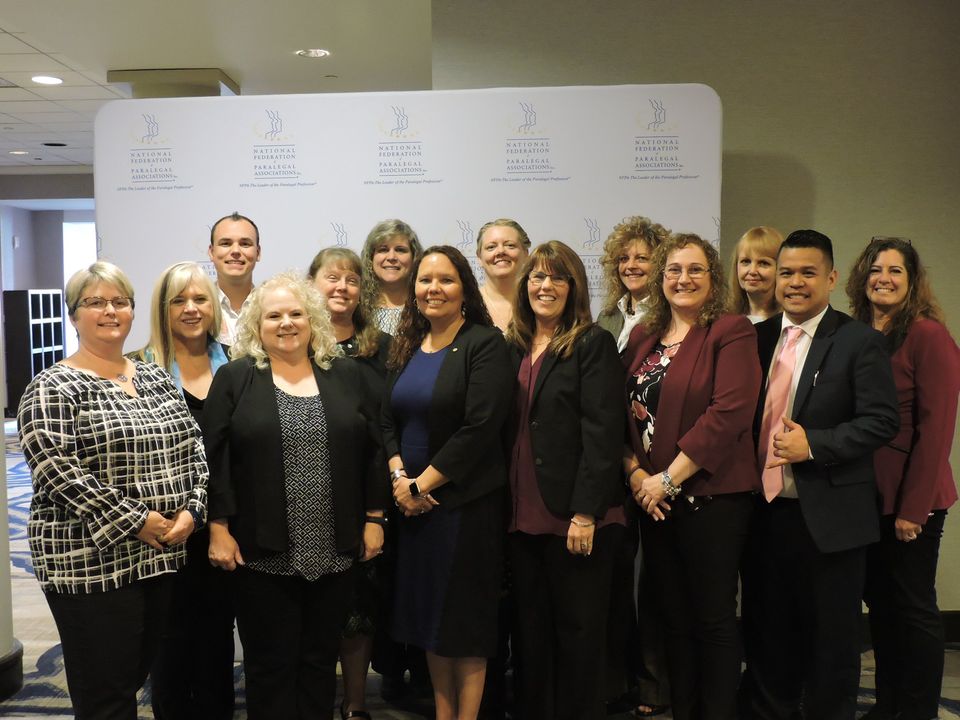NFPA Overview
Founded in 1974, NFPA was the first national paralegal association. Created as a non-profit federation, NFPA is an issues-driven, policy-oriented professional association directed by its membership. It is comprised of more than 50 member associations and represents over 9,000 individual members reflecting a broad range of experience, education and diversity.
NFPA prides itself on the professionalism of its members and routinely monitors legislation, case law, proposed changes to the rules of responsibility and ethics opinions that affect the paralegal profession. Click here for the Paralegal definition.
Since its inception, NFPA has assisted the profession in addressing many issues associated with the growth and expanded role of the paralegal, such as:
- responded to the Department of Labor’s 2003 proposed changes and updates to the regulations issued under the Fair Labor Standards Act (FLSA);
- worked with and testified before many organizations such as legislatures, bar association task forces, and court committees on issues related to paralegal participation in delivering legal services and the paralegal profession generally;
- actively monitors legislative actions and proposed court changes. When necessary, NFPA responds with letters or by filing amicus briefs with courts throughout the United States on issues that could affect the paralegal profession;
- created, developed and adopted the Paralegal Advanced Competency Exam® (PACE®) and the Paralegal CORE Competency Exam™ (PCCE™);
- created position statements on non-lawyer practice, outsourcing of paralegal duties to foreign countries, short-term paralegal programs, and diversity;
- works closely with the American Bar Association (ABA), the American Association for Paralegal Education (AAfPE), the International Paralegal Managers Association (IPMA) and other legal national associations.
- sponsors a representative on the ABA’s Approval Commission, which works with the ABA’s Standing Committee on Legal Assistants.
Careers Represented by this Association
Corporate Paralegal, Elder Law Paralegal, Family Law Paralegal, Immigration Paralegal, Labor and Employment Paralegal, Litigation Paralegal, Paralegal, Patent Paralegal, Probate Paralegal, Real Estate Paralegal, Trademark Paralegal


